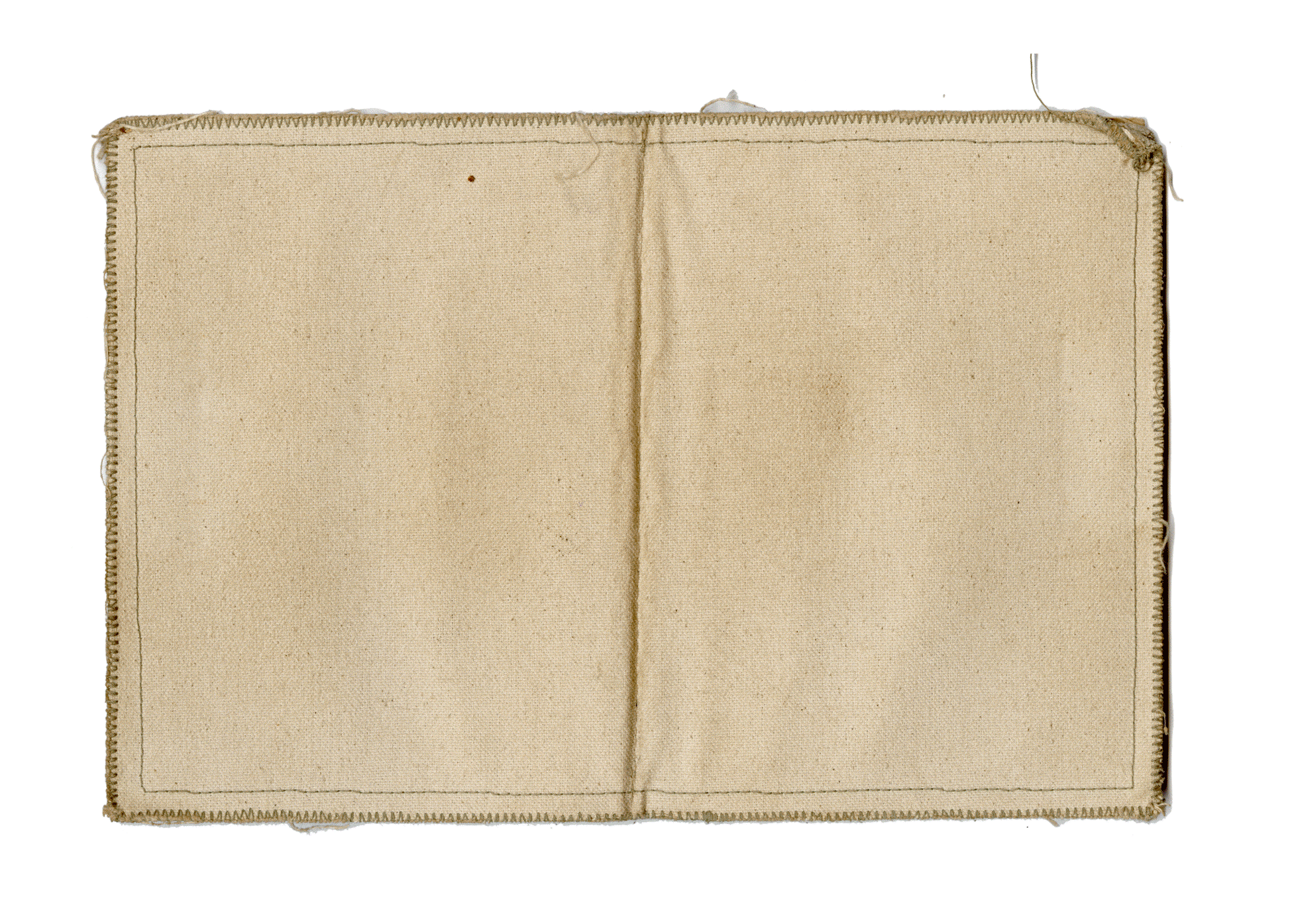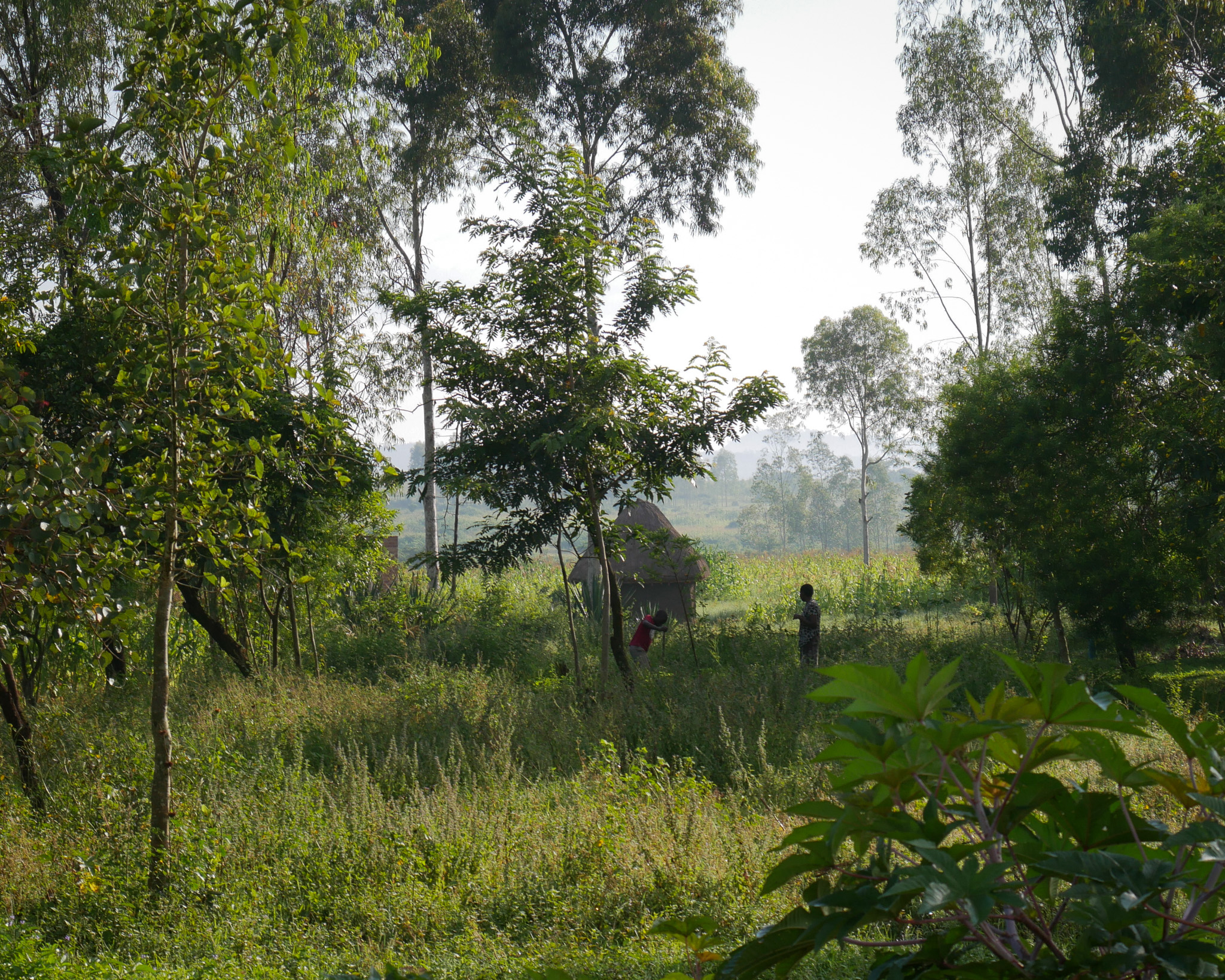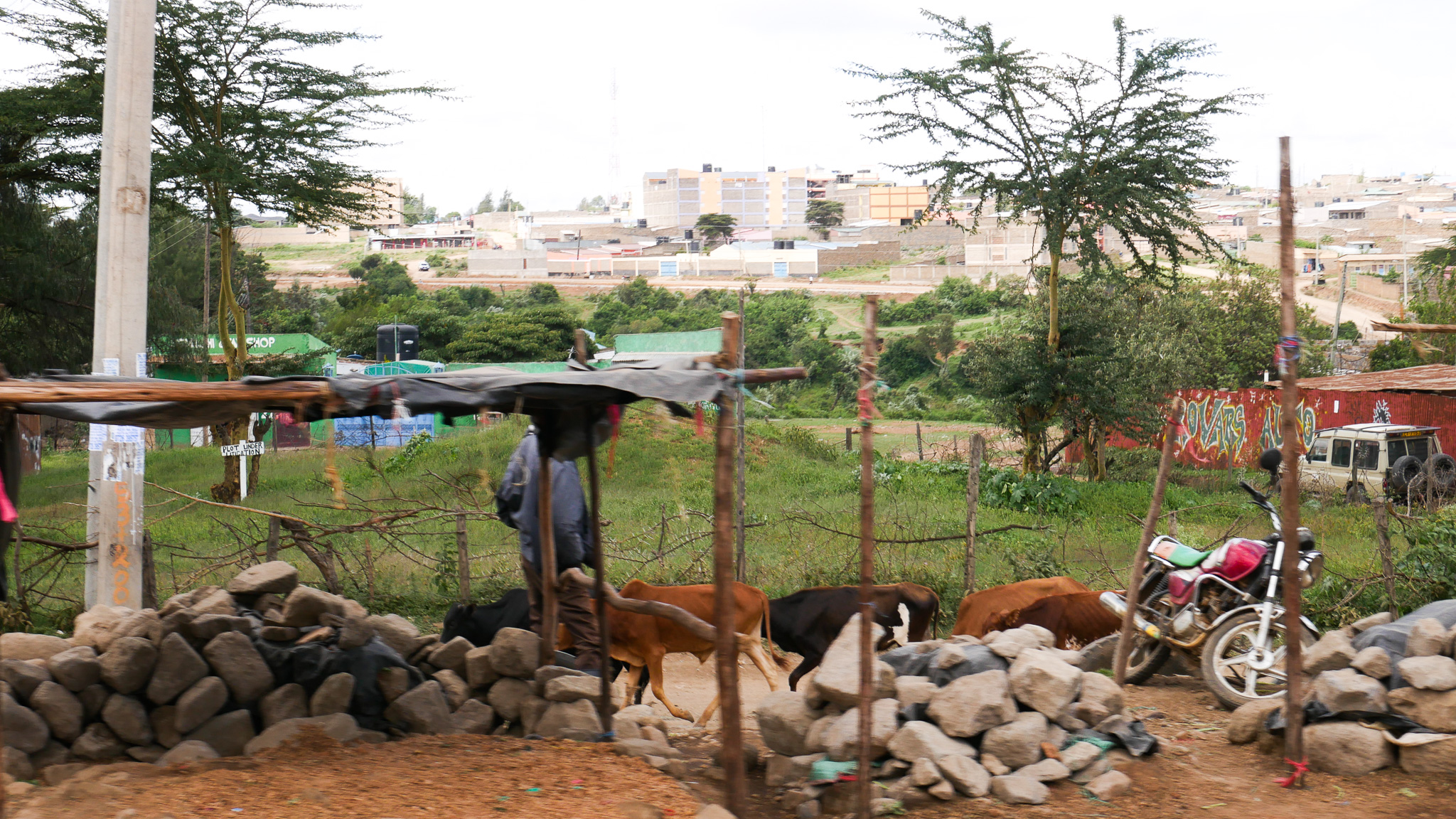East Africa
PROJECT TYPE: TRAVEL JOURNAL & ETHNOGRAPHIC RESEARCHVisited Tanzania and Kenya for a two week period in May 2023 via the Next Innovation Scholars program and Through VIllage Life Outreach.


Gazing out of the van’s window, I attentively noticed the crisp shadows cast from the bright, clear sun and the people gathered in the reprieves below silvery-green trees. People were sitting with their families, preparing cassava, or doing laundry outside in big, deep pots. In the landscape peppered with stone monuments and conical thatch-roofed homes, colorfully dressed people tend to the land and cultivate their nourishment.
Our role unfolded as we prepared for our journey across the world and even more so when our feet touched ground in Tanzania. Invited as researchers by Village Life Outreach (VLO), we set out to evaluate their Uji program: to understand the nutrition ecosystem of the students and families at the schools that our VLO serves. But as we discussed and observed the realities of life there, we found that our research crossed beyond nutrition systems to concepts of hope, exposure to alternate worldviews, and empowerment. From our brief analysis on the ground, we reflected on our experience and offered VLO our perspective on the interconnected relationships between the themes that we noticed.
We listened and considered the strengths and struggles of life in rural Tanzania when we first gathered at the Roche health clinic. More than 50 people sat in blue chairs, while others rested on the walls of the veranda. Paul translated, sentence by sentence, and then invited a community member to lead a prayer. We were connected, standing, our eyes linked. Community members recovered their seats, prepared with notes to share with us. Nyamusi, our leader, invites all that were gathered to have a voice and to be curious.
Our meetings at the clinics and schools of three small regional centers gave space for a variety of topics-- including education, water, and health-- to be revealed, as well as moments of gratitude and pleasure of partnership.Through the anecdotes shared by our Tanzanian collaborators, we began to get a glimpse into their worlds.
We asked questions at every opportunity we got, wondering about how piki-piki drivers buy gas, How livestock are raised and preserved for other seasons, and how bricks are made out of sun-reddened clay. We bonded with our guides, sharing laughs with Peter, our fatherly driver, and all of our new friends who played the crucial role of intermediaries between Luo, Swahili, and English.
We observed the spaces, lacking in comfort or tranquility, where fierce mothers deliver new life to the world. We felt a heavy sense of loss, of fatigue, and of hopelessness at the ever-present fear of scarcity. We learned about the experience of water, precious, and dangerous, spitting only sometimes from unreliable taps. We heard about entrepreneurial endeavors that never took hold, classrooms without enough seats, and the buzzing threat that carries malaria in its flight.
On our third day, we visited the school in Burere. Upon arrival, we milled about, noticing the place and the high energy of excited students. From a small brick building, smoke rose from a morning fire, and 3 women were preparing for the serving of Uji. When prompted, the children ran down the hill in a pack and got into lines in front of colorful buckets, each holding a small plastic cup with a handle. Students are required to source these cups, along with their uniforms and books, to be prepared for school. Uji, a simple porridge of milled maize and water, is served 3 days a week to most of the students.
We saw them eat and then play. We observed the women’s struggles with the weight of supporting, preparing, and maintaining some semblance of community health. We heard the wishes of the teachers and the emotions of the sweet young students, who were equally curious about our worlds. The teachers talked about the lack of exposure that kids get to the world outside of their own. A major barrier is a lack of opportunity for experiences that might send them down paths of their own strengths. The students told us they'd like to be teachers, doctors, or translators: options limited by/to the types of people they have known.
What we know can be our greatest limitation. If I know I can only afford to grow maize to feed my family, I may never risk searching for a better meal. When we know we can sleep in a particular condition, we are limited from places where greater dreams might exist.
In NIS, we are privileged with opportunities to practice with people who are outside of our little worlds. We work outside of the frontiers of our disciplines, and even our university. Our worlds are bigger than our student lives in Cincinnati. But we still must constantly exercise an intangible muscle to expand our worldview and unlearn biases: the muscle of empathy.
For Jonathan, Haley, Lance, and I, our experience traveling to Tanzania and Kenya with our partners at VLO was one of deep impact. Beyond our role as ethnographic researchers and analysts of the organizations’ community engagement, we traveled with open hearts, as friends and learners curious for exchange. It is difficult to share the things we experience in personal ways, the things we can't always put into words. We sensed, questioned, and reflected. We gave our collaborative, curious minds and, in return, received priceless teachings of humanity.
To the caring people and guides we visited and gained perspective from in both Tanzania and Kenya, we cherished your willingness to share your world with us. Asante sana.
Our role unfolded as we prepared for our journey across the world and even more so when our feet touched ground in Tanzania. Invited as researchers by Village Life Outreach (VLO), we set out to evaluate their Uji program: to understand the nutrition ecosystem of the students and families at the schools that our VLO serves. But as we discussed and observed the realities of life there, we found that our research crossed beyond nutrition systems to concepts of hope, exposure to alternate worldviews, and empowerment. From our brief analysis on the ground, we reflected on our experience and offered VLO our perspective on the interconnected relationships between the themes that we noticed.
We listened and considered the strengths and struggles of life in rural Tanzania when we first gathered at the Roche health clinic. More than 50 people sat in blue chairs, while others rested on the walls of the veranda. Paul translated, sentence by sentence, and then invited a community member to lead a prayer. We were connected, standing, our eyes linked. Community members recovered their seats, prepared with notes to share with us. Nyamusi, our leader, invites all that were gathered to have a voice and to be curious.
Our meetings at the clinics and schools of three small regional centers gave space for a variety of topics-- including education, water, and health-- to be revealed, as well as moments of gratitude and pleasure of partnership.Through the anecdotes shared by our Tanzanian collaborators, we began to get a glimpse into their worlds.
We asked questions at every opportunity we got, wondering about how piki-piki drivers buy gas, How livestock are raised and preserved for other seasons, and how bricks are made out of sun-reddened clay. We bonded with our guides, sharing laughs with Peter, our fatherly driver, and all of our new friends who played the crucial role of intermediaries between Luo, Swahili, and English.
We observed the spaces, lacking in comfort or tranquility, where fierce mothers deliver new life to the world. We felt a heavy sense of loss, of fatigue, and of hopelessness at the ever-present fear of scarcity. We learned about the experience of water, precious, and dangerous, spitting only sometimes from unreliable taps. We heard about entrepreneurial endeavors that never took hold, classrooms without enough seats, and the buzzing threat that carries malaria in its flight.
On our third day, we visited the school in Burere. Upon arrival, we milled about, noticing the place and the high energy of excited students. From a small brick building, smoke rose from a morning fire, and 3 women were preparing for the serving of Uji. When prompted, the children ran down the hill in a pack and got into lines in front of colorful buckets, each holding a small plastic cup with a handle. Students are required to source these cups, along with their uniforms and books, to be prepared for school. Uji, a simple porridge of milled maize and water, is served 3 days a week to most of the students.
We saw them eat and then play. We observed the women’s struggles with the weight of supporting, preparing, and maintaining some semblance of community health. We heard the wishes of the teachers and the emotions of the sweet young students, who were equally curious about our worlds. The teachers talked about the lack of exposure that kids get to the world outside of their own. A major barrier is a lack of opportunity for experiences that might send them down paths of their own strengths. The students told us they'd like to be teachers, doctors, or translators: options limited by/to the types of people they have known.
What we know can be our greatest limitation. If I know I can only afford to grow maize to feed my family, I may never risk searching for a better meal. When we know we can sleep in a particular condition, we are limited from places where greater dreams might exist.
In NIS, we are privileged with opportunities to practice with people who are outside of our little worlds. We work outside of the frontiers of our disciplines, and even our university. Our worlds are bigger than our student lives in Cincinnati. But we still must constantly exercise an intangible muscle to expand our worldview and unlearn biases: the muscle of empathy.
For Jonathan, Haley, Lance, and I, our experience traveling to Tanzania and Kenya with our partners at VLO was one of deep impact. Beyond our role as ethnographic researchers and analysts of the organizations’ community engagement, we traveled with open hearts, as friends and learners curious for exchange. It is difficult to share the things we experience in personal ways, the things we can't always put into words. We sensed, questioned, and reflected. We gave our collaborative, curious minds and, in return, received priceless teachings of humanity.
To the caring people and guides we visited and gained perspective from in both Tanzania and Kenya, we cherished your willingness to share your world with us. Asante sana.










